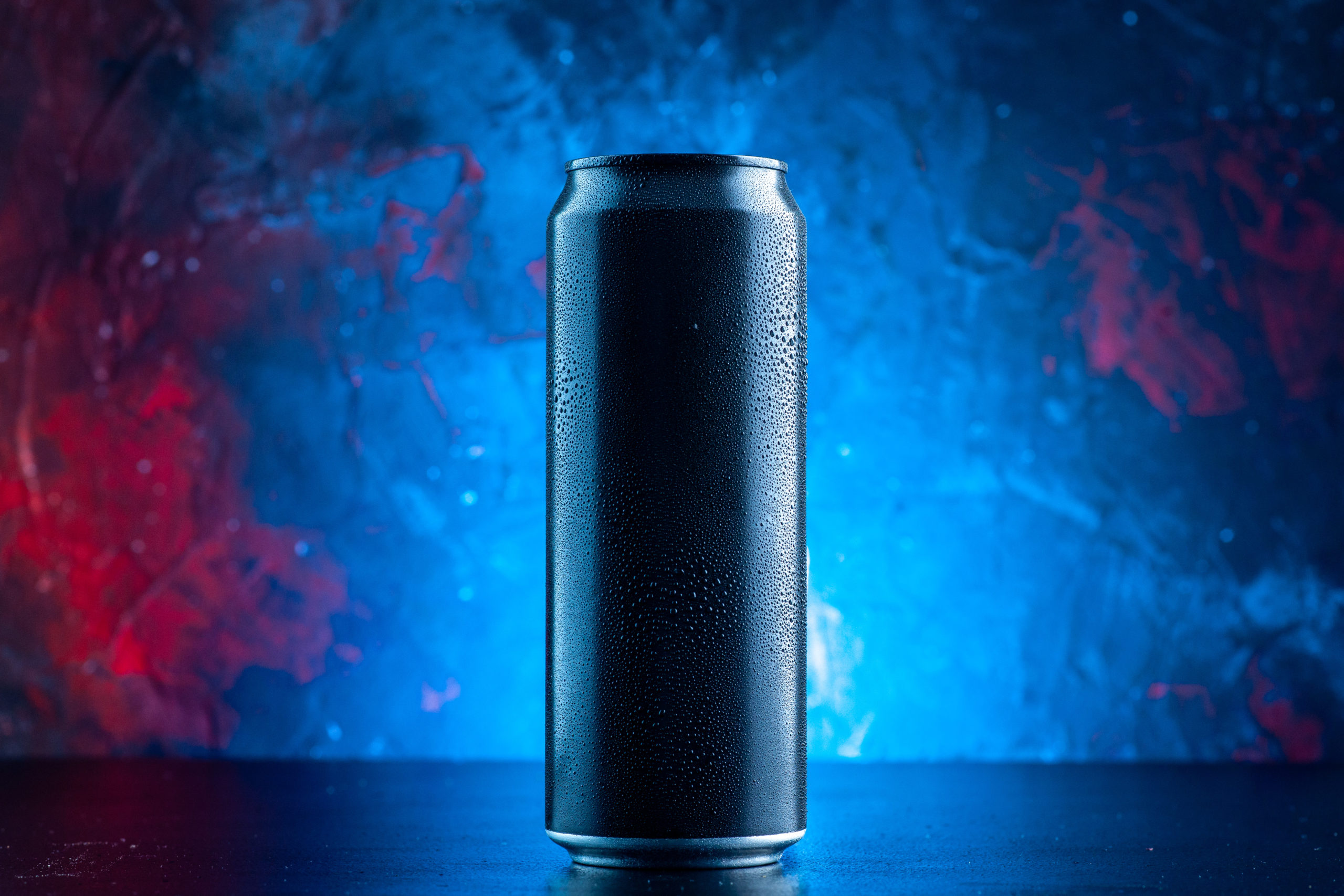
Why Caffeine Tablets Are More Eco-friendly Than Pre-made Drinks
The world runs on caffeine. In the United States alone, 85% of adults consume caffeine regularly, but that habit often comes with a harsh environmental impact. The

The world runs on caffeine. In the United States alone, 85% of adults consume caffeine regularly, but that habit often comes with a harsh environmental impact. The

If you’re an MMA fan, you’ve definitely seen more than one fighter sponsored by an energy drink company. That may leave you asking, “Do MMA

The FDA claims the average adult should only consume about 400 milligrams or less of caffeine a day. What many people don’t realize is that energy drinks can quickly put a person over that mark. Drinking just two cans of many popular brands of energy drinks can put one past or very close to 400 milligrams. Drinking three […]

Did you know that 85% of American adults drink at least one caffeinated drink each day? Caffeine gained popularity for its use as a stimulant for

Did you know that according to the American Psychological Association, around 15 million Americans currently work jobs with overnight shifts? Popular jobs that involve working night

Very few people fail to love coffee, and even fewer people completely forsake caffeine itself, since it’s present in so many other refreshing products. This

Most people are aware that it’s the caffeine in coffee that gives drinkers that extra boost of energy and alertness. And when it comes to

Caffeine creates a lot of buzz. The average American consumes between 110 and 260 milligrams of caffeine per day. The government recommends consumption of less than 400

Coffee is one of the most popular drinks in the world! If you think we drink a lot of it in the US, you should

It’s anything but uncommon to use caffeine as a source of energy. In fact, 64% of American adults drink coffee on a daily basis. However, coffee and other caffeinated beverages come with their downsides. They are expensive, calorie-laden, and can be time-consuming to make. That’s where caffeine pills come in. So-called “stay alert pills” are perfect for those […]


